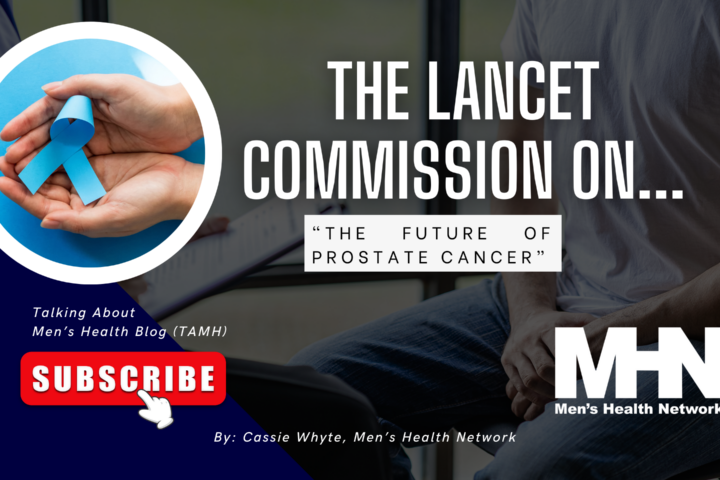By now, I’m sure you’ve heard the statistics on the state of health for American men—they suffer a higher death rate than American women, are less likely to go to the doctor, and generally lead females in the top causes of death in America. But largely lost among the chatter on the health of American-born men is the fact that immigrant men in the U.S.— particularly those from West Africa and Latin America—have it much worse.
Much like American-born men, immigrant men also tend to put their health on the back-burner—albeit for slightly different reasons. When immigrant men travel to western countries, they leave behind large relatives that depend on them to care for their needs. In fact, some send money to their relatives from every earning paycheck. It’s estimated that between 2015 and 2030, more than $6.5 trillion will be sent to low- and middle-income countries from the U.S., according to the United International Fund for Agricultural Development.
- Cultural/Tradition reasons
Before Europeans colonized Africa, ethno-medicine, which is sometimes used as a synonym for traditional medicine according to American Journal of Ethno medicine, has been and remained the main source of healing for many generations. Although modern medicine stems from traditional medicine, many Africans men as well as women rely on herbs when there are sick, and that culture has been entrenched from generation to generation. Consequently, immigrant men can also be preoccupied with taking care of their relatives that medical check-ups go to the backburner. However, disease is unpredictable, and many may be left to choose between their health and their family.
- Financial challenges
Finance is the main challenge for immigrant men. The majority work low wage jobs where they can barely take care of their needs. Gillespie pointed out in CNNMoney that, “Immigrants have a lower unemployment rate (4.3%) than native-born U.S. citizens (4.9%).They also participate more in the economy, meaning they’re either working or looking for work, but they make far less than native-born citizens. Immigrants’ weekly income is about $681. Native-born Americans earn $837 a week, according to Goldman.” (Gillespie, 2016) Some are forced to do two jobs to cover their expenses. Let alone to purchase health care; therefore, the majority goes without health care.
- Challenges to assimilate to American healthcare
Facing a new life, immigrant men struggle to understand and become familiar with a new health system that is presented with a number of barriers including lengthy wait times, high cost of medication, and non-basic health care. In addition, they talked of the difficulties of getting used to their new and unfamiliar environments and the barriers that impact their access to health care services. Moreover, they talked of challenges related to transportation, weather, employment, language and cultural differences.Many African countries use socialized health care where the government runs the health care. (UNICEF, 2010). For instance, when someone is sick, he/she goes to hospital where the doctors run the tests and prescribe drug that hospitals provide to patients; therefore, it is challenging for immigrant men to accommodate to American health care which is privatized. Immigrant men avoid seeking medical care because American healthcare system is based on out-of-pocket, usually through employment; however, immigrants whose jobs do not provide access to healthcare struggle to have one.
- Lack of access to health care
Although some immigrant men that
While gains have been made in raising awareness for men’s health in America, it’s important that immigrant men are also included in the awareness.



